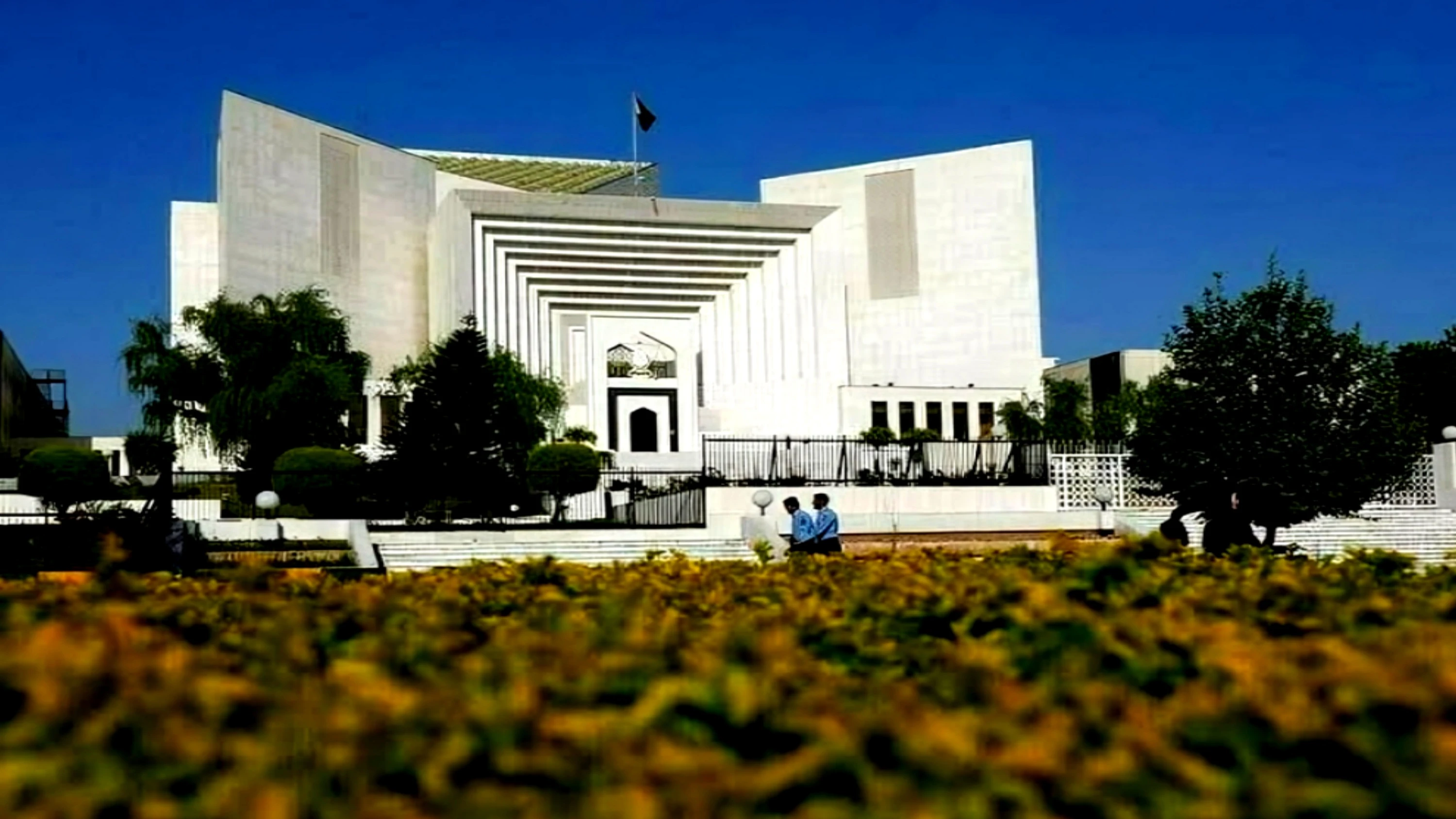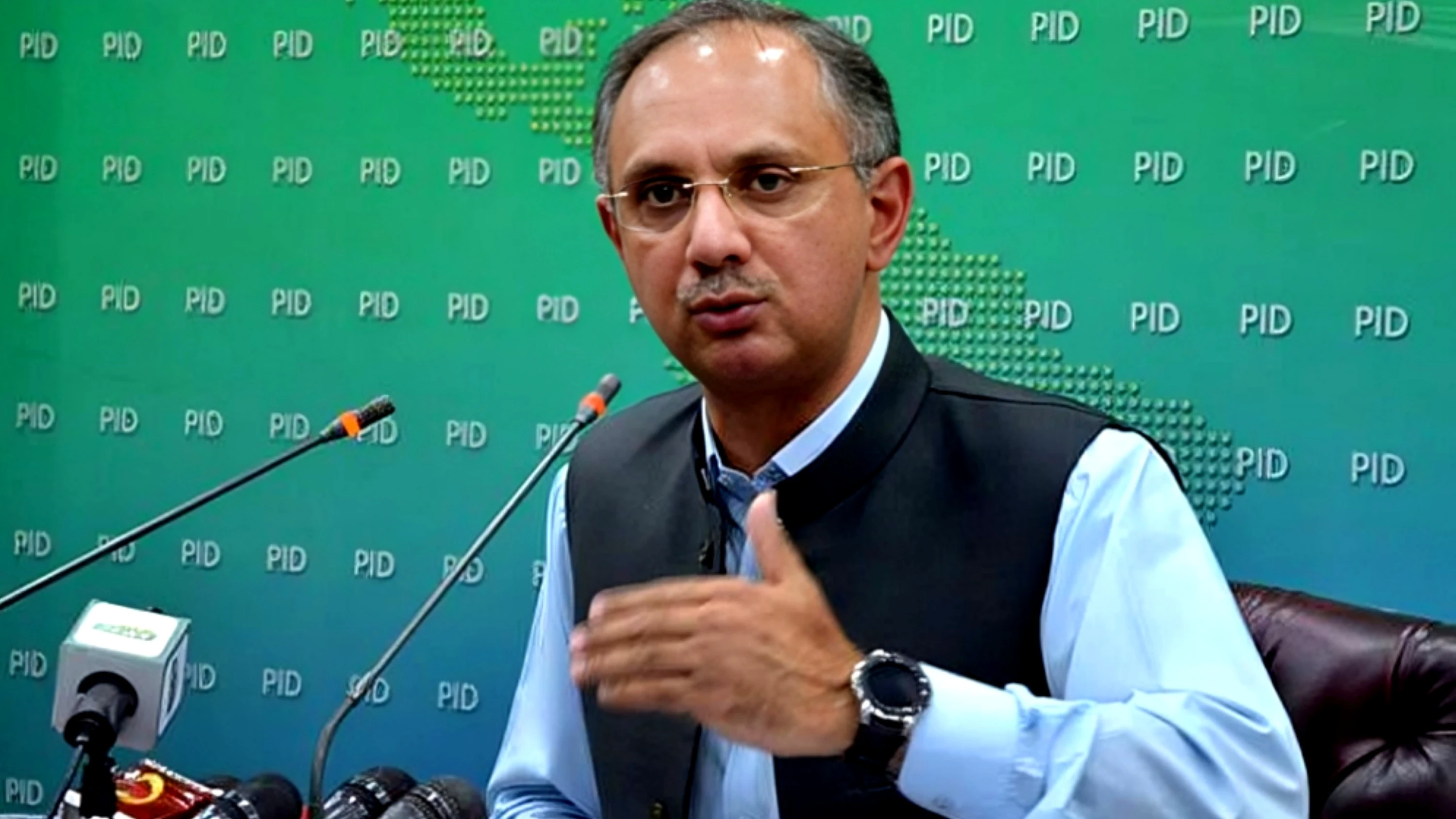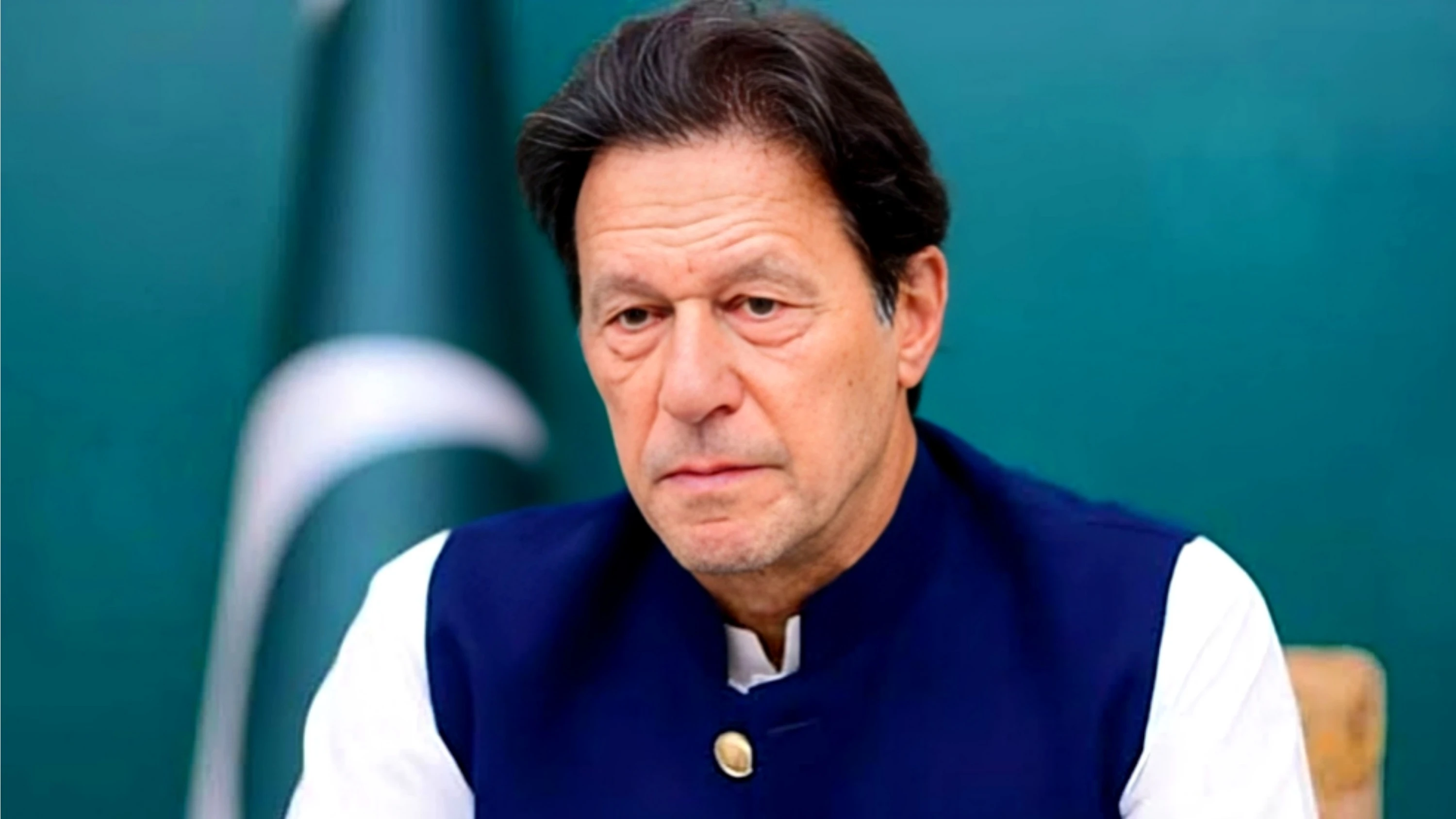Islamabad: Pakistan’s Supreme Court has reserved its verdict on intra-court appeals filed by the federal government and two provincial administrations challenging a previous ruling that declared civilian trials in military courts unconstitutional.
Justice Amin-ud-Din Khan, head of the seven-member constitutional bench hearing the case, stated that a short verdict will be announced later this week.
The appeals contest a decision made by a five-member bench led by former Supreme Court judge Justice Ijaz-ul-Ahsan. That bench, in a majority 4-1 ruling issued on October 23, 2023, invalidated the trial of 103 civilians—arrested in connection with the May 9 riots—under military courts. Justice Yahya Afridi dissented from the majority opinion.
The ruling had struck down sections 2(1)(d) of the Pakistan Army Act and section 59(4) of the Official Secrets Act, labeling them as unconstitutional. It ordered that all accused civilians be tried in regular courts according to the nature of their offenses.
However, on December 13, 2023, a six-member bench of the Supreme Court suspended this decision with a 5-1 majority, the federal government, Ministry of Defence, and the governments of Punjab, Khyber Pakhtunkhwa, and Balochistan to file intra-court appeals against the Oct 2023 ruling.
Later, following the 2024 general elections, the newly elected PTI-led government in Khyber Pakhtunkhwa withdrew its appeal.
The military trials stem from violent protests on May 9, 2023, during which military installations were attacked. The federal government referred these cases to military courts for prosecution.
Among those who challenged the legality of military trials for civilians are former Prime Minister Imran Khan and former Chief Justice of Pakistan Jawad S. Khawaja. The latter filed a petition on June 20, 2023, asserting that military trials for civilians are unconstitutional in the presence of civilian courts, and that various sections of the Army Act violate fundamental rights enshrined in the Constitution.
Justice Khawaja emphasized that his petition was not politically motivated nor aimed at supporting or targeting any specific entity.
In March 2024, he also requested the Supreme Court to expedite hearings on these intra-court appeals.
During the recent hearings, the bench, led by Justice Amin-ud-Din Khan, questioned whether military courts could be considered judicial bodies. Justice Jamal Mandokhail asked the Ministry of Defence's counsel, Khawaja Haris, if fundamental rights could be withdrawn through ordinary legislation without a constitutional amendment.
Khawaja Haris argued that military courts are legitimate judicial bodies functioning under the law and that fair trial standards are maintained during proceedings.
The Supreme Court also observed whether civilians could legally be tried by military courts without amending the Constitution.
In an earlier decision, the Supreme Court allowed military courts to deliver verdicts on 85 May 9 suspects under strict conditions. Those eligible for leniency were to be released, while the rest were to be transferred to civilian prisons.
Out of the original 103 accused, 20 have been released—most recently before Eid-ul-Fitr—while the remaining 85 are still in military custody. Although their trials in military courts have concluded, verdicts have not been announced due to ongoing judicial scrutiny.








